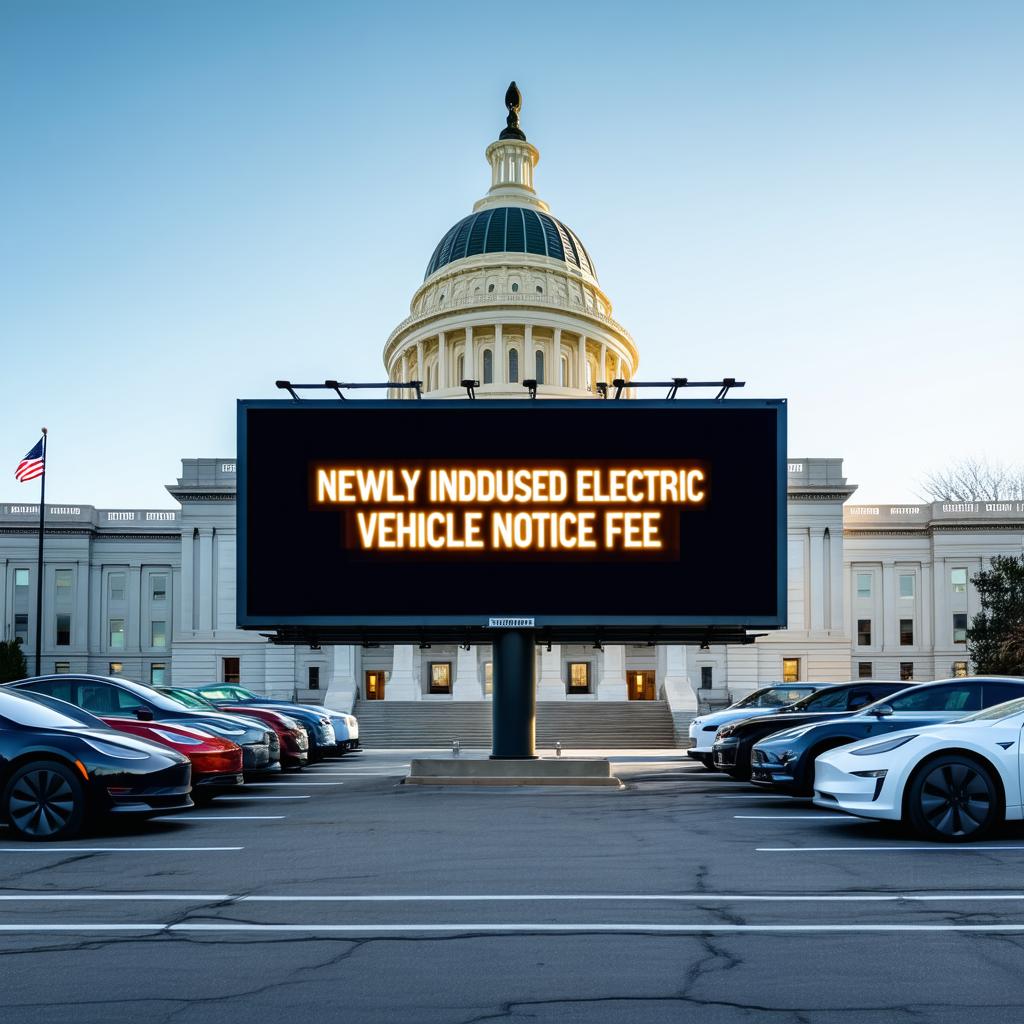
If you own an electric vehicle (E.V.), you might have noticed a recent hike in your registration fees. States across the U.S. are introducing—or raising—these charges to make up for the gas taxes E.V. drivers don’t pay. But not everyone’s happy about it.
Take Vermont, for instance. Starting this year, E.V. owners there are shelling out $178 annually to register their cars—double what gas-powered vehicle owners pay. They’re not alone; at least 39 states now have similar fees, ranging from $50 in Hawaii to $200 in Texas.
The reason? Gas taxes have long been a key source of funding for road and bridge repairs. With more drivers switching to electric, that revenue is shrinking. States are scrambling to fill the gap, but critics argue some of these fees are more punitive than practical.
Environmental groups and consumer advocates agree that E.V. owners should chip in for road maintenance. Still, they worry that certain states—and maybe even the federal government—are setting fees unfairly high, potentially discouraging people from going electric.
With Congress considering a national E.V. fee, the debate is heating up. Will it balance the budget or slow the shift to cleaner cars? Only time will tell. One thing’s clear: the road ahead for E.V. owners is getting pricier.
